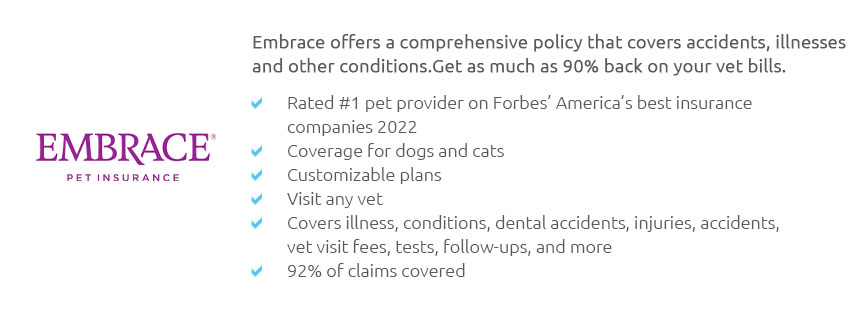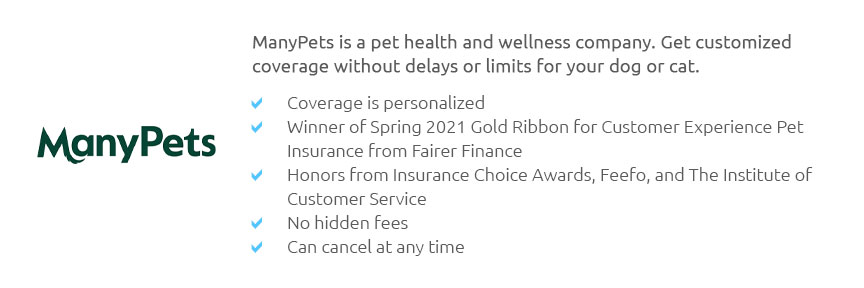 |
 |
 |
 |
 |
 |
|
 |
|
 |
|
 |
|
 |
|
 |
 |
 |
 |
 |
 |
 |
 |
cheap pet insurance in nj: smart ways to save without skimping on careHow to think about costsNew Jersey pet parents know vet bills can snowball fast. Finding a plan that feels truly affordable without trimming coverage takes a little homework. Start with your pet’s age, breed, and routine risks-from shore-town allergies to icy-walk sprains-and match those to policy features you’ll actually use. Key drivers of priceMonthly premiums hinge on your deductible, reimbursement rate, and annual limit. Carriers also weigh location and prior conditions. Aim for a deductible you can cover in a single paycheck, then let reimbursement do the heavy lifting on big surprises.
Comparing NJ providersRequest sample quotes using identical settings across companies, then read exclusions line by line-waiting periods, dental injury, alternative care. Look for 24/7 tele-vet access, fast e-claims, and direct-pay options with major hospitals in NJ. When prices tie, favor transparent policies and responsive support. https://www.pawlicy.com/pet-insurance-usa/nj/
The average cost of pet insurance in New Jersey is $65/mo for dogs and $35/mo for cats. Your pet's age, breed, location, and policy coverage determine your ... https://www.embracepetinsurance.com/state/pet-insurance-new-jersey-nj
On average, our New Jersey pet insurance costs between $20 and $108 per month. Which company has the cheapest pet insurance in New Jersey? https://www.metlifepetinsurance.com/state/new-jersey/
MetLife Pet can help reimburse vet bills for injuries and illnesses in New Jersey. Get your free pet insurance quote. A man playing fetch with ...
|